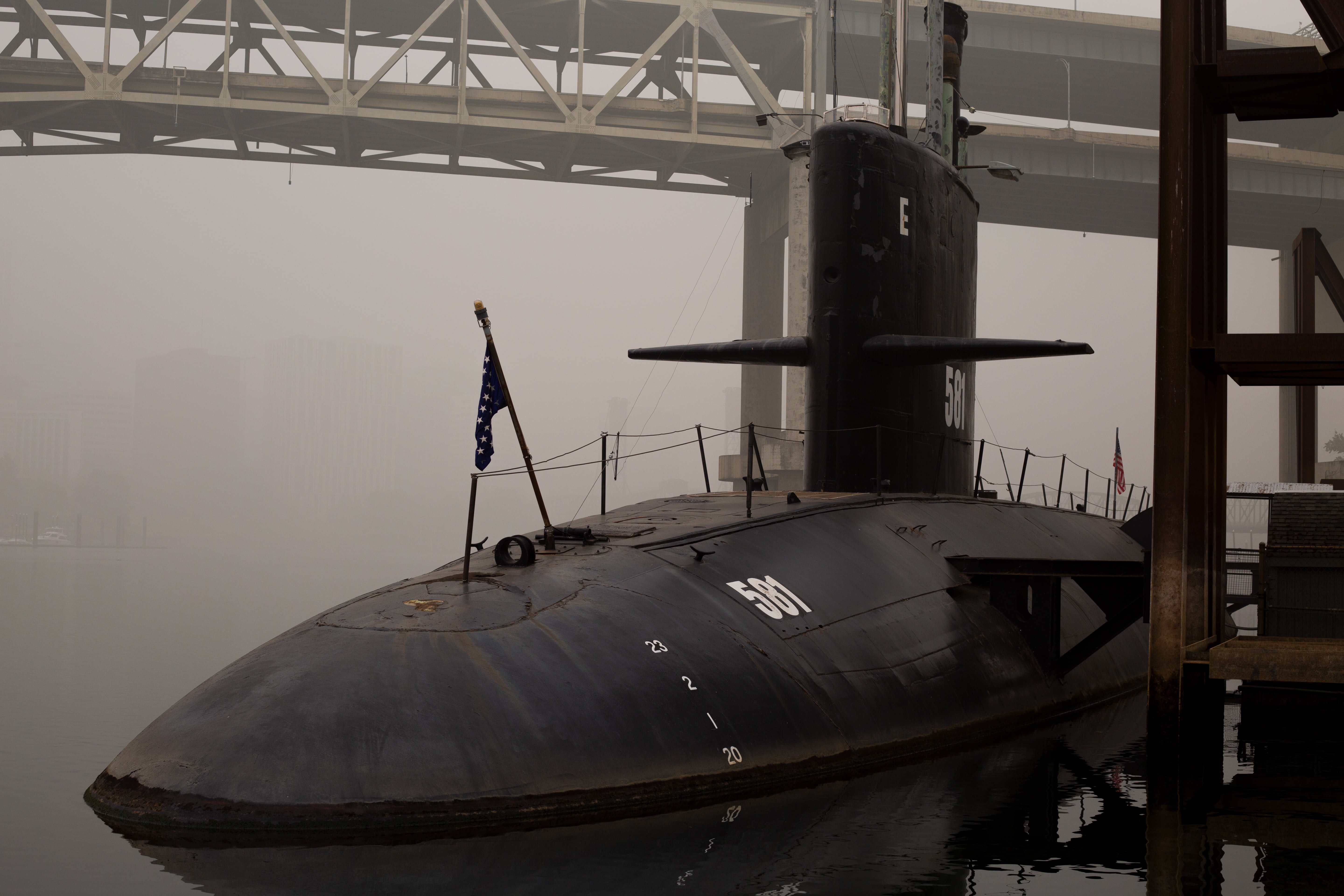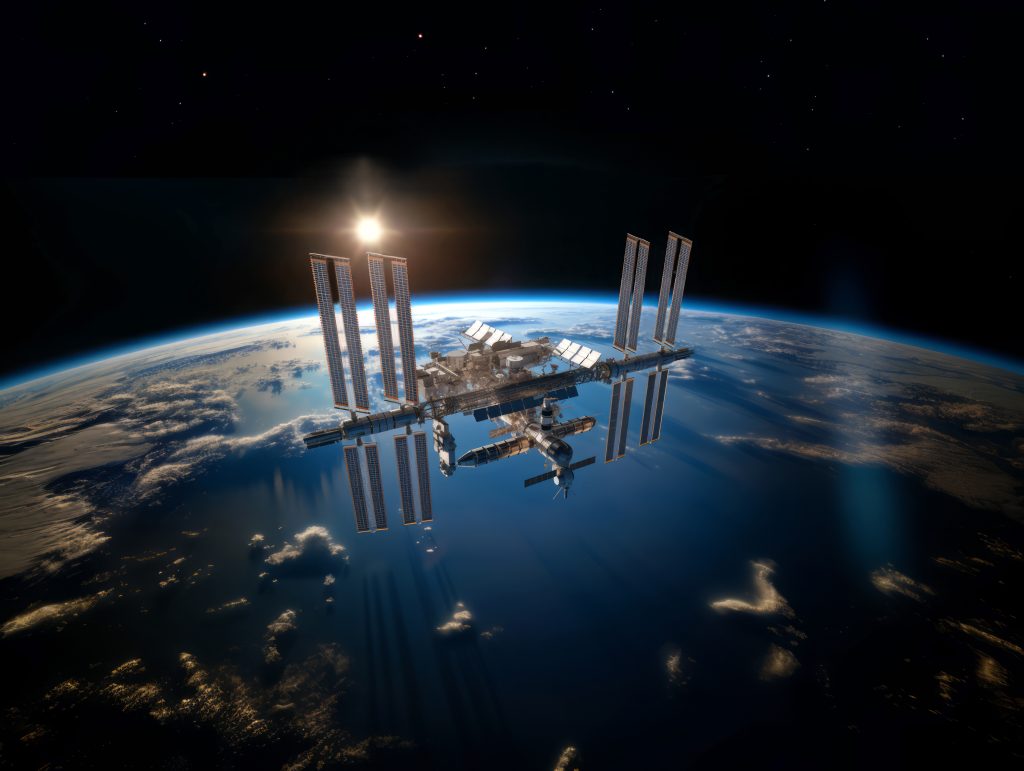Last week it was announced that Australia, the UK and the US are entering a new security alliance known as the AUKUS pact. Seen as a move to combat the rise of China in the Indo-Pacific, the announcement has come as a shock to France, with whom Australia had a pre-existing $90 billion contract to build submarines that has since been terminated.
What is the pact?
The AUKUS pact is a three-way security alliance between Australia, the UK and the US. The Biden administration described the pact as “the biggest strategic step that Australia has taken in generations”, and it will see technology and secrets being shared between the three nations including artificial intelligence, cyber capabilities and undersea technologies. The first big-ticket item to come from the new pact is a fleet of nuclear submarines for Australia; the US will be sharing its submarine technology for the first time in 50 years.
Why is France furious?
France had previously won the contract to build 12 diesel-electric submarines for Australia in 2016, beating competing bids from Japan and Germany. The $90 billion contract was torn up by Australia in favour of the new AUKUS deal, in which Australia will secure a fleet of at least eight nuclear-powered submarines.
France claims to have been blindsided, as just two weeks before AUKUS was announced senior ministers from both Australia and France met via video conference, issuing a joint statement reiterating their continuing cooperation. The statement specifically references the importance of the submarine project, which in hindsight seems incredulous when considering talks with the US and the UK about the new alliance had been secretly going on for at least 18 months.
France received no advanced warning of the new deal, as Australia struggled to agree on the appropriate way to break the news. In the end, while President Emmanuel Macron was informed the evening before the announcement, France had already found out about the pact through press leaks.
The French contract had been troubled by delays and cost blow-outs and had been reviewed by Australia prior to the shock announcement. Defense Minister Peter Dutton claims the termination of the contract should not have come as such a surprise as concerns had been raised repeatedly over France’s ability to deliver in line with Australia’s strategic interests.
“Suggestions that the concerns hadn’t been flagged by the Australian government just defy what was on the public record and certainly what was said publicly over a long period of time,” he told Sky News.
“We have been upfront, open and honest.”
The total fallout from the pact is yet to be seen. France has already recalled its ambassadors from Australia and the US and cancelled a Franco-British defence summit due to be held this week. French ambassador to Australia Jean-Pierre Thebault flew out of Australia Saturday night, on the way to the airport telling the Guardian Australia France felt “stabbed in the back”.
“I can only say that the sense of treason is very strong,” Thebault told the Guardian Australia.
“It was intentionally decided to keep France completely in the dark at the same time that several officials of Australia were not only discussing with France the current [submarine] program but were also saying they were willing to make this program a success and a symbol of the bilateral relationship.”
Tensions for Australians in France.
Australians deployed to France to work on the now-scrapped project have reported fears for their physical safety as tensions rise between the two nations. The French town of Cherboug will lose around 600 local jobs connected to the submarine build, and the 33 Australians and their families who relocated there are concerned local anger will only intensify. The Mayor for Cherboug said in a statement the decision to terminate the contract was “a real slap in the face for French foreign policy”.
Why go nuclear?
While diesel-powered submarines are smaller and run more quietly, they also need to resurface regularly for various needs including restocking oxygen and charging their batteries. This means they are less suitable for open oceans and careful thought needs to go into when and where they resurface to avoid detection.
Nuclear, however, while bigger and therefore more easily detectable in shallow water, are built for long endurance and more suitable to vast oceans. They have abundant power, and only need to resurface for the needs of the crew.
Why China matters.
While none of the countries’ leaders mentioned China in the announcement of the AUKUS pact, the alliance is viewed as a clear strategic response to the growing presence of China in the Indo-Pacific. China has condemned the pact as intensifying the arms race.
“[It] seriously undermines regional peace and stability,” foreign ministry spokesman Zhao Lijian said.
In response to the announcement a spokesperson for Beijing said Australia, the UK and the US need to “shake off their Cold War mentality and ideological prejudice.”
Photo: Grey Submarine by Darren Halstead is available HERE and is used under a creative commons licence.







